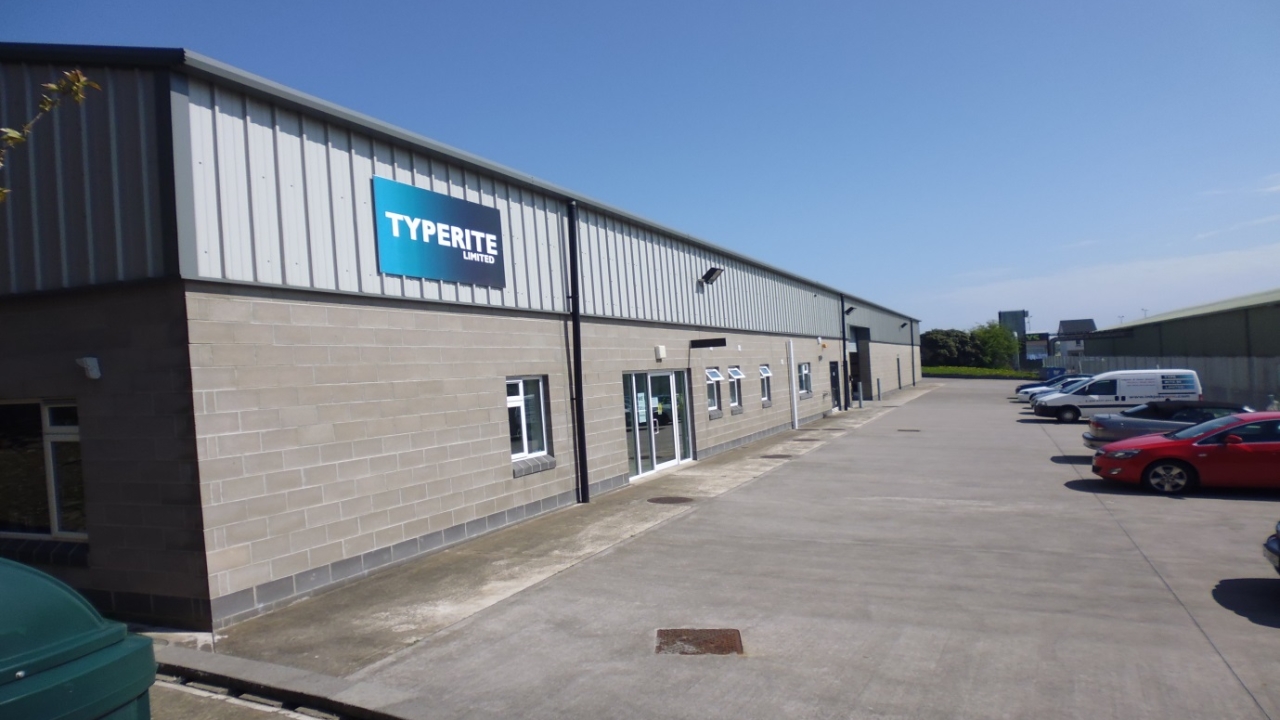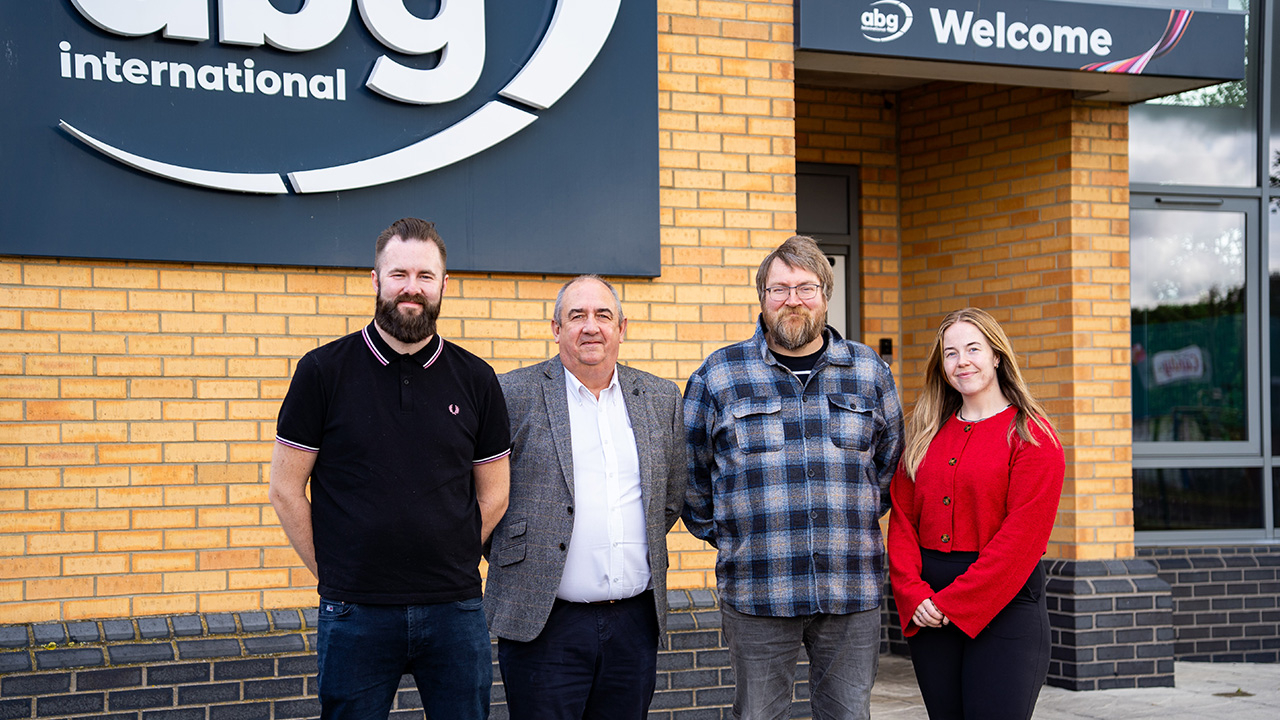Typerite's timeline – online exclusive

In this exclusive Q&A, Typerite director Michael Barlow explains the company’s current position and its role in major political events of the late 20th Century.
Typerite recently commissioned a new Ihle Maschinenbau slitting machine, as detailed here, to meet increasing demand from new markets
Labels & Labeling (L&L): Who is Typerite?
Michael Barlow (MB): Typerite was established in 1985 by my parents Gerry and Florence Barlow to make typewriter ribbons. My sisters, sales director Cathy Gamble and finance director Fiona Boyle, and myself took control of the business in 2008 on the retirement of our parents. We are now Northern Ireland’s sole manufacturer of thermal transfer ribbons.
Our business ethos is get it right first time, every time, and with accreditations, the latest technology and a highly skilled, motivated workforce we are able to quickly provide consistently high quality products to the specific needs of our customers.
L&L: What products does Typerite offer, and which markets does it serve?
MB: As well, as thermal transfer ribbons, the company supplies colored thermal transfer ribbons for TTR printers and signage/pipe marking, vinyl for signage, hot stamping foil, cold foil, MICR ribbons for cheque/security printing, laser toner and paper. Applications range from barcodes for food and drink, to decals for aircraft and Formula One race cars. Injection molding machinery enables us to manufacture plastic cassette cases.
We have a strong presence in markets as diverse as mainland Europe, CEE markets, the Middle East and Australasia.
L&L: How is the company growing?
MB: We are a business with state-of-the-art machinery, a good range of products and are able to respond quickly to the specific needs of individual customers faster than many of our bigger competitors. Indeed, we frequently receive referrals from competitors unable to handle bespoke requirement from customers. We’re a business with great capability and capacity. This often means next day despatch from the order being received by the sales team.
Typerite’s investment in the latest machinery enables it to operate 24/7 to meet the requirements of trade customers who service the food, aerospace, pharmaceuticals, automotive, chemicals, paint and signage markets. Continuous investment in quality production processes is also seen in the accreditations achieved by the business, including ISO 9001. These mean the company’s range of products is manufactured to the highest standards, stringently tested and completely traceable.
A longstanding commitment to growth through sales outside Northern Ireland has resulted in 90 percent of turnover coming from these markets. Furthermore, 70 percent of business is now from almost 50 markets beyond the British Isles, and is the outcome of regular visits to existing and potential markets, as well as participation in sector exhibitions, principally Labelexpo.
L&L: What role do events like Labelexpo play in positioning your business for the future?
MB: Labelexpo is always the first entry on our trade calendar. It’s a hugely important event that usually produces worthwhile business and excellent contacts. For instance, a recent contact led the company to diversify into the pharmaceutical industry and resulted in extensive investment in a cleanroom at our Warrenpoint factory.
L&L: Detail an interesting story from Typerite’s 30-plus year history?
MB: Typerite was once at the heart of global politics, with the ground attack of the first Gulf War launched from Typerite. It happened during a visit by the then UK Prime Minister John Major to the company’s premises. Close proximity to the border with the Republic of Ireland disrupted mobile phone signals and forced the then US President George Bush Snr to revert to a landline when he wanted to discuss the impending conflict with Iraq over its invasion of Kuwait.
Stay up to date
Subscribe to the free Label News newsletter and receive the latest content every week. We'll never share your email address.


